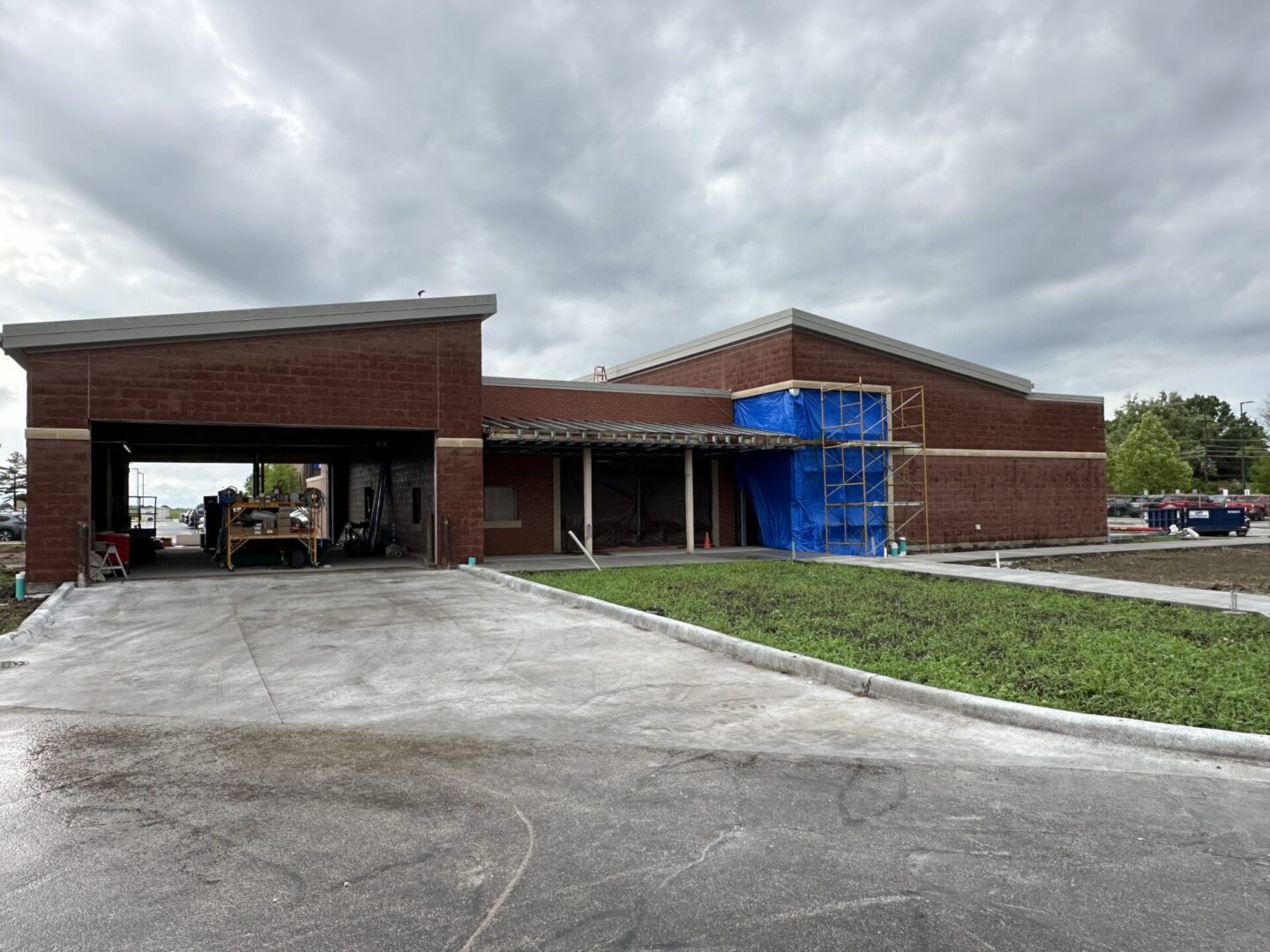Sophisticated driving assistance systems are now common in newer vehicles, yet new AAA research shows drivers’ confidence and understanding of the technology varies dramatically based on whether the drivers received formal instruction or decided to learn as they go.
AAA Foundation for Traffic Safety’s new research zeroed in on adaptive cruise control and how drivers’understanding and use of the technology changed during the first six months of ownership. ACC assists with acceleration and braking to maintain a driver-selected gap between driver’s vehicle and the vehicle ahead of it.
The study found the following results:
- During the first six months of new vehicle ownership, many drivers demonstrated an improved understanding of the ACC system’s limitations.
- Despite learning more about ACC through regular use, drivers failed to achieve the same level of understanding when compared to another group of drivers that received short but extensive instruction on the system.
- A potentially dangerous sub-group of over-confident drivers emerged who failed to grasp ACC, yet were highly self-assured in their knowledge. This development demands future study.
New AAA Foundation for Traffic Safety research shows that a “learn as you go” approach still leaves gaps in understanding when compared to another group of drivers who had a very strong grasp of the technology, partially due to a brief intensive hands-on training session.
Some of the gaps in understanding include the following:
- Falsely believing that the system will react to stationary objects in their lane, such as construction cones or other obstacles.
- Falsely believing that the system will provide steering input to keep the vehicle in its lane.
- Falsely believing the system can operate in all weather conditions.
“This research suggests that today’s sophisticated vehicle technology requires more than trial-and-error learning to master it,” said Molly Hart, spokesperson for AAA – The Auto Club Group. “You can’t fake it ‘til you make it at highway speeds. New car owners must receive training that is safe, effective, and enjoyable before they hit the road.”
AAA recommends that new vehicle owners follow this PLAN:
• Purpose—Learn the purpose of driving assistance technology by requesting hands-on training at the dealership, reading the vehicle’s owner’s manual and visiting the manufacturer’s website.
• Limitations—Do not make any assumptions about what the technology can and cannot do. A driving assistance system should not be confused with a self-driving one.
• Allow Time For Practice—Allow time for safe on-road practice so drivers know exactly how this technology works in real driving situations.
• Never Rely On It—Do not rely on this technology; instead, act as if the vehicle does not have it with the driver always prepared to retake control if needed.
AAA also recommends that researchers, automakers, and government agencies work together to better understand driver performance, behavior, and interactions in vehicles with advanced technologies.
***Report Courtesy of The Auto Club Group***















